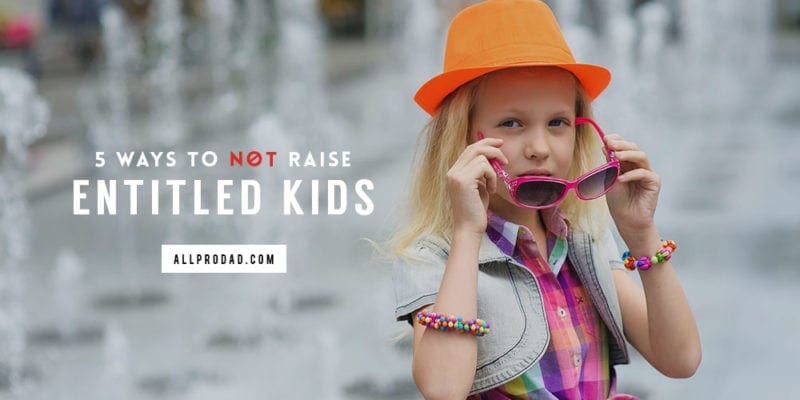One of the differences today between parents and their children is their view on the nature of truth. Most moms and dads think truth is something you discover. Many kids’ answers to ethical questions come with the premise that truth is something you create and this view is known as relativism. Moral relativism has infected most movies, music, television shows, and magazines. It’s the “that may not be right for you, but it’s right for me” philosophy. So how do you combat this?
First, examine where your moral compass points to. How do you determine truth? Second, strive to live consistently. The best lessons kids learn are caught, not taught. Third, have a conversation with your children and explain that they do not create their own moral reality. Here are some great questions to get your moral conversations going.
What does the word morality mean to you?
How do you decide what is moral and what is not?
Is there a moral obligation to help the less fortunate? If so, what is it? How much should you help? How much should our country help its own poor citizens versus the poor citizens of other countries?
Is it moral to pay your taxes even if you don’t agree with how the government spends it? Why or why not?
What is the best moral approach to our environment? Is there a monetary limit to how much we can really spend to clean everything up? If third world countries can become richer by building factories that harm the environment, is it OK to do that? Why or why not?
Is it ever OK to lie? If so, under what circumstances?
If a family is hungry and has no other way to get food, is it OK to steal food from a rich store owner? Why or why not?
Is it right to ever kill someone? Why or why not?
What does conscience mean? Can it ever be wrong?
What obligations should parents have to their children? And children to their parents?
Is what the majority of people decide always right or can it be wrong?
If Country A says it’s okay to steal and Country B says stealing is wrong, which one is right? Can they both be right? If so, how?











Huddle up with your kids and ask, “How do you define right and wrong?”